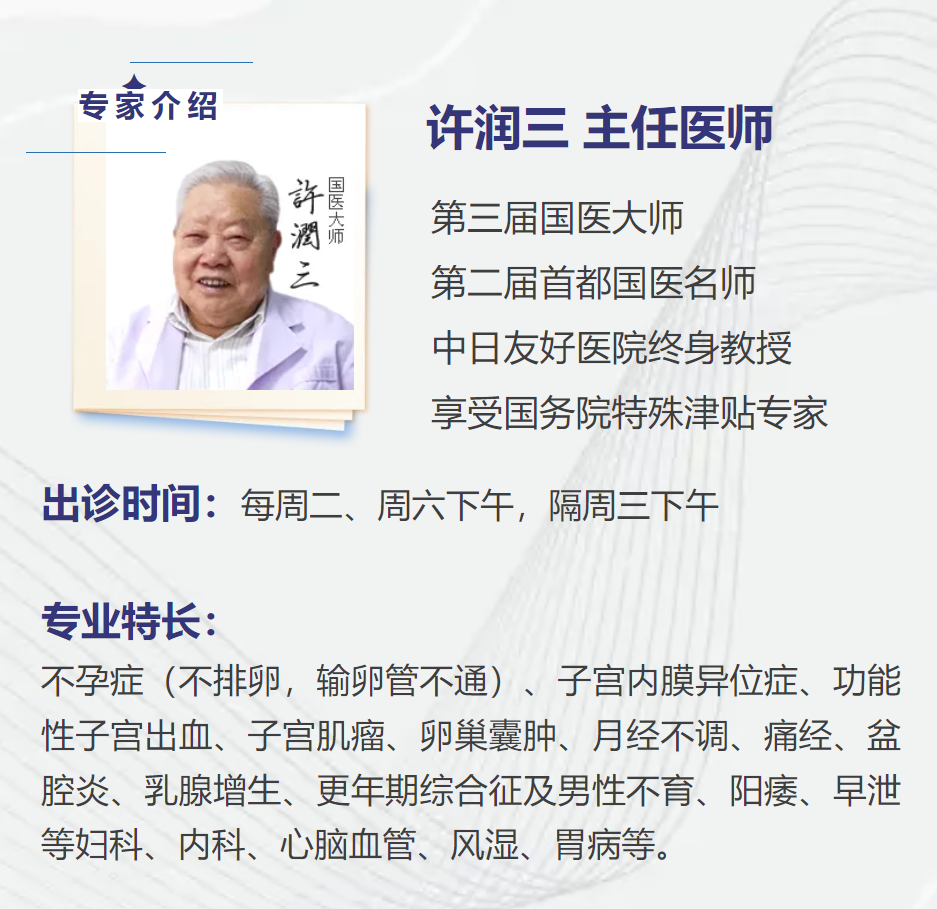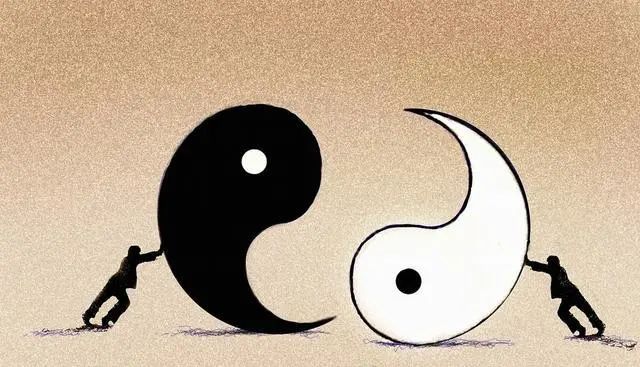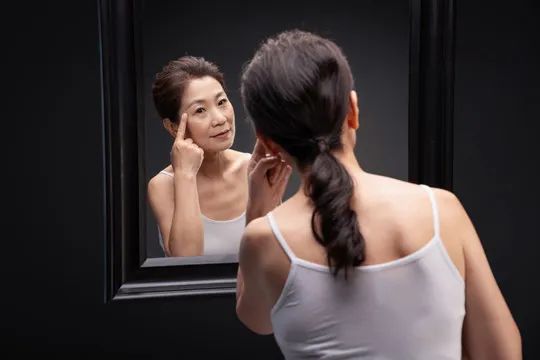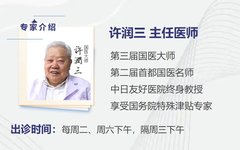Click the blue text to follow us
Many people believe that compared to men, women age more easily. Men are said to be in their prime at 40, while women start to decline after 25. This notion has some truth to it. Analyzing from both psychological and physiological perspectives, it involves the concept of yin-yang balance. First, let me explain what yin-yang is.

Traditional Chinese Medicine (TCM) believes that treating diseases involves adjusting yin and yang. So what is yin and yang? In simple terms, it is classified based on the energy characteristics of yin and yang. For example, the energy characteristics of yang are warm, bright, dry, excited, and excessive. Therefore, aspects such as the upper, outer, left, southern, daytime, and spring-summer belong to yang. In contrast, the energy characteristics of yin are cold, dark, moist, restrained, and declining. Thus, aspects such as the lower, inner, right, northern, nighttime, and autumn-winter belong to yin.
All things in the world, regardless of how they change, ultimately revolve around yin and yang. The human body is no exception. TCM captures this characteristic, using yin-yang as a guiding principle in understanding diseases, whether analyzing the structure of the body, the functions of various organs, or the changes in diseases, the theory of yin-yang is applied.
There are countless diseases in humanity, whether common ailments or major difficult diseases, in TCM theory, the underlying cause of these diseases is only one: yin-yang imbalance. TCM states, “To treat a disease, one must seek the root.” Here, the “root” refers to achieving yin-yang balance. Even if the symptoms of a disease disappear, it cannot be considered cured until yin and yang are properly adjusted to eliminate the root cause of the disease.

The reason I say women age more easily is primarily because their yin-yang balance is more easily disrupted. From a psychological perspective, women are more sensitive and thoughtful than men, leading to greater emotional fluctuations. Overthinking can deplete bodily fluids, and women’s depression and anger can harm the liver, causing liver qi stagnation, which affects the liver’s functions of storing blood and regulating flow. Additionally, from a physiological perspective, aspects such as menstruation and pregnancy are closely related to blood. Bodily fluids, essence, and blood belong to yin essence. Excessive depletion of yin essence leads to yin-yang imbalance, resulting in excessive yang and deficient yin. Now it is clear why women age more easily; if they are not careful, they can easily fall into yin-yang imbalance, giving diseases an opportunity.

Of course, both men and women can experience yin-yang imbalance, but from psychological and physiological perspectives, women are more prone to this imbalance, which has some rationale. In modern society, the yin-yang imbalance in men is also worsening due to increased stress.
Take male infertility due to abnormal semen as an example. Abnormal semen is often the main cause of male infertility. The reason for this abnormality is primarily due to kidney yang deficiency or kidney yin deficiency, or kidney deficiency leading to insufficient water to nourish wood, affecting the liver and spleen, resulting in qi stagnation and blood stasis or damp-heat accumulation. I generally classify this into four patterns for treatment. Ultimately, it is due to the imbalance of yin and yang in the kidneys that leads to abnormal semen in men.

Mr. Gao is a male infertility patient I treated. He first came to me for treatment in 2004. At that time, he had been married for four years and had not used any contraception, yet his wife had not become pregnant. After his wife underwent examinations at the hospital, the results showed everything was normal. He also went for examinations, and in my hospital’s urology department, his reproductive organs were found to be normal, with a semen volume of 5mL, but no sperm. Mr. Gao was generally sensitive to cold, with cold hands and feet, and was somewhat overweight with loose stools. After my diagnosis, he was found to have kidney yang deficiency, meaning the yin and yang of the kidneys were out of balance, with yin exceeding yang, presenting a typical yang deficiency pattern, which could be simply judged by his cold hands and feet.
Yang deficiency leads to coldness. Due to insufficient congenital endowment, excessive postnatal fatigue, prolonged illness leading to malnutrition, improper diet, excessive exposure to cold, and overuse of medications, all can lead to insufficient yang energy in the body, resulting in pathological changes. This means that at this time, the body lacks yang energy, which cannot suppress yin, causing yin to be relatively excessive. Clinically, this is generally manifested as pale complexion, cold limbs, pale tongue coating, and a preference for quietness and inactivity, with clear and prolonged urination and loose stools.

Therefore, my treatment principle was to warm and tonify kidney yang while also replenishing essence. I prescribed him a formula consisting of Bai Ren Shen (White Ginseng), Lu Rong (Deer Antler), Shan Zhu Yu (Cornus), Zi He Che (Placenta), Gou Qi Zi (Goji Berries), Shu Di Huang (Rehmannia), Dang Gui (Angelica), Tu Si Zi (Cuscuta), Dan Shen (Salvia), and Chao Bai Zhu (Fried Atractylodes), totaling 7 doses. After taking the medicine, he returned for a follow-up and reported no discomfort, with his stools becoming formed. Therefore, I adjusted the formula by reducing Bai Zhu and adding Sha Ren (Amomum). After two months of treatment, his wife became pregnant. The composition of this formula balances yin and yang, as the patient primarily had kidney yang deficiency, so the formula focused on tonifying kidney yang. The final outcome was very good.
Additionally, for those with yang deficiency, I recommend consuming more warming foods such as lamb, pork stomach, chicken, and hairtail fish, while avoiding spicy, cold, and hard-to-digest foods. It is also important to maintain a diverse diet, avoid picky eating, and refrain from overeating. If one is sensitive to cold, drinking ginger honey tea or red date brown sugar tea can be beneficial.
Next, I will discuss yin deficiency, which occurs due to yang pathogens harming yin, excessive emotional stress causing heat, or prolonged illness harming yin, leading to insufficient yin fluids in the body. This means that at this time, the body’s yang energy is relatively strong. If you experience hot hands and feet, chest heat, low-grade fever or fever that worsens at specific times, flushed face, dry throat and mouth, red tongue, and scanty tongue coating, along with symptoms like weight loss and night sweats, then you are experiencing yin deficiency. At this time, it is necessary to use herbs that nourish yin and restrain yang to replenish yin energy.
Combining medication with dietary therapy is even better. Those with yin deficiency should pay attention to a light diet, consuming more sesame, glutinous rice, honey, dairy products, and sugarcane, while avoiding greasy, rich, and hot foods. Additionally, drinking some warm teas, such as green tea or yellow tea, can be appropriate.

In fact, the essence of treating diseases is to adjust yin and yang. When yin-yang is balanced, a person will be healthy; when yin-yang is imbalanced, a person will suffer from diseases, premature aging, or even death. Mr. Gao’s yin-yang was harmonized, so his illness was cured, and he had a child. It can be said that the principle of health is to maintain the yin-yang balance of life.
Furthermore, adjusting yin-yang balance can be approached through various aspects: diet, exercise, psychology, massage, qigong, and maintaining regular daily routines, adapting to the four seasons, and combining with TCM treatments can all help gradually restore the imbalanced yin-yang.
I practice qigong every morning in the woods. I first relax my limbs, clear my mind, and focus my energy, then breathe in through my nose and exhale through my mouth, deeply inhaling the natural clean air and exhaling the natural turbid air. I believe that utilizing natural energy can regulate the body’s essence, qi, blood, and meridians, leading to a clear mind and abundant energy.
In the evening, I perform massage, as it can harmonize the nutritive and defensive qi, facilitate the digestion of food, and promote smooth circulation of qi and blood, eliminate fatigue, and enhance physical strength.

People should adapt to nature and the seasonal changes. I pay close attention to adjusting my clothing, exercise, and daily routines according to the seasonal climate changes, maintaining harmony with the external environment to sustain the yin-yang balance in the body.
I also maintain regular daily routines, ensuring I get 8 hours of sleep, resting on time, waking up at dawn, and taking afternoon naps. TCM believes that sleep and wakefulness represent the opposing yet unified functional states of yin and yang. Daytime belongs to yang, while nighttime belongs to yin, and the yin-yang of the human body also changes with day and night. The alternation of wakefulness and sleep, with wakefulness belonging to yang and sleep belonging to yin, thus one sleeps at sunset and wakes at sunrise. Good sleep leads to abundant energy, clear thinking, and physical comfort; conversely, poor sleep results in fatigue and discomfort.
Some believe that to be healthy, one must abstain from alcohol entirely; however, this is not necessary. I drink between 25 to 50 grams of white liquor daily. I enjoy eating meat, so whenever I eat meat, I always drink alcohol, as white liquor has the effects of invigorating blood circulation and dispelling fat. As long as it is not excessive, there is no need to abstain completely; moderate drinking can even be beneficial.
However, if one has irregular daily routines and excessive indulgence, it can damage the body’s vital energy, leading to various diseases. Heaven and humanity are interconnected. The changes in the natural world and seasonal climates inevitably affect the human body, causing corresponding physiological and pathological responses. The occurrence of human diseases is closely related to the natural world; only by understanding its laws and adapting to its changes can one prevent diseases and maintain health.

The so-called yin-yang balance refers to the transformation of both yin and yang, neither excessive nor deficient, presenting a harmonious state. Factors such as diet, exercise, and maintaining regular daily routines all contribute to gradually restoring the imbalanced state back to balance, so maintaining yin-yang balance is the best medicine for the body.

Consultation Phone:
010-84025419
010-65254130

